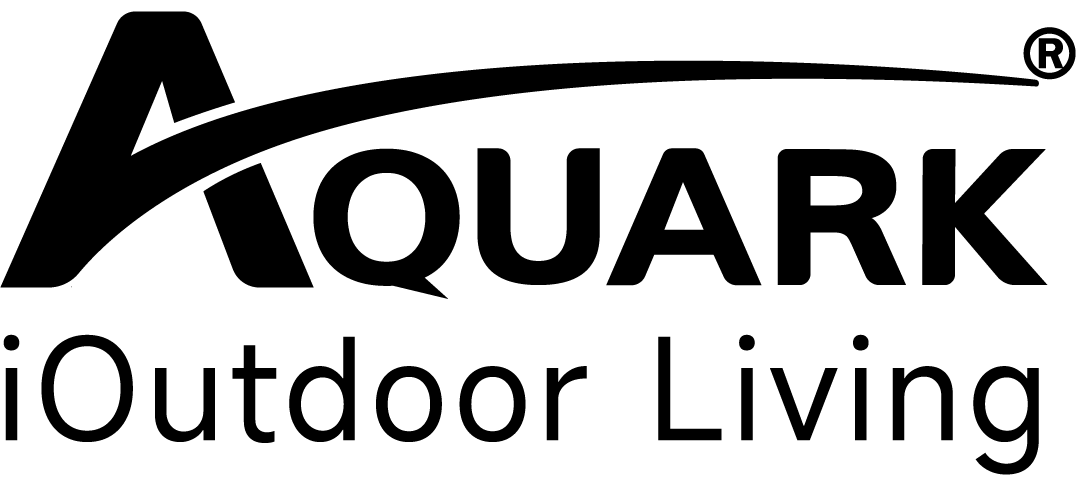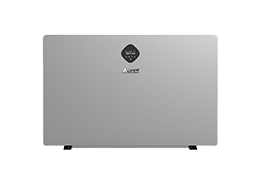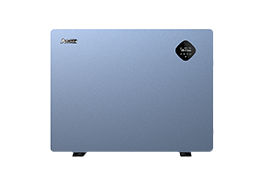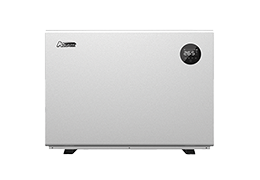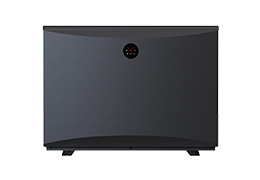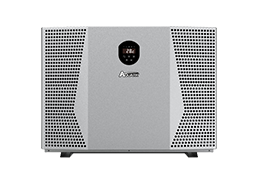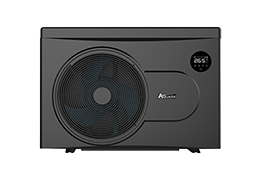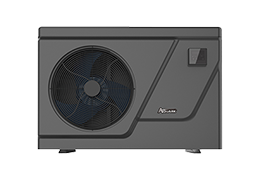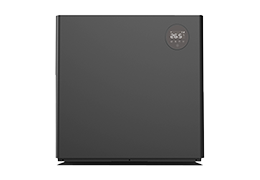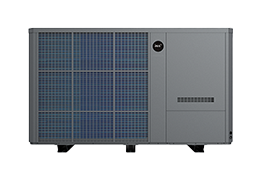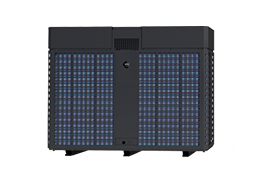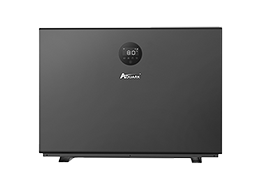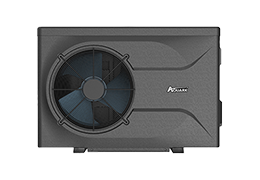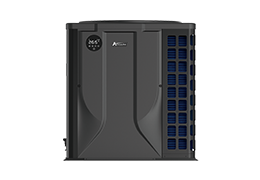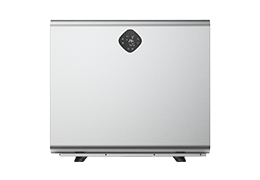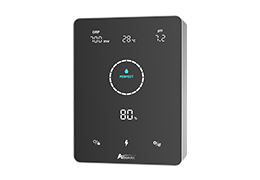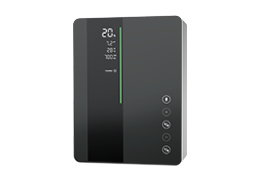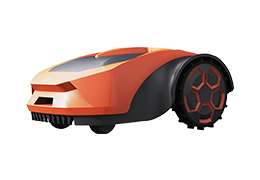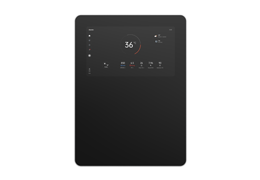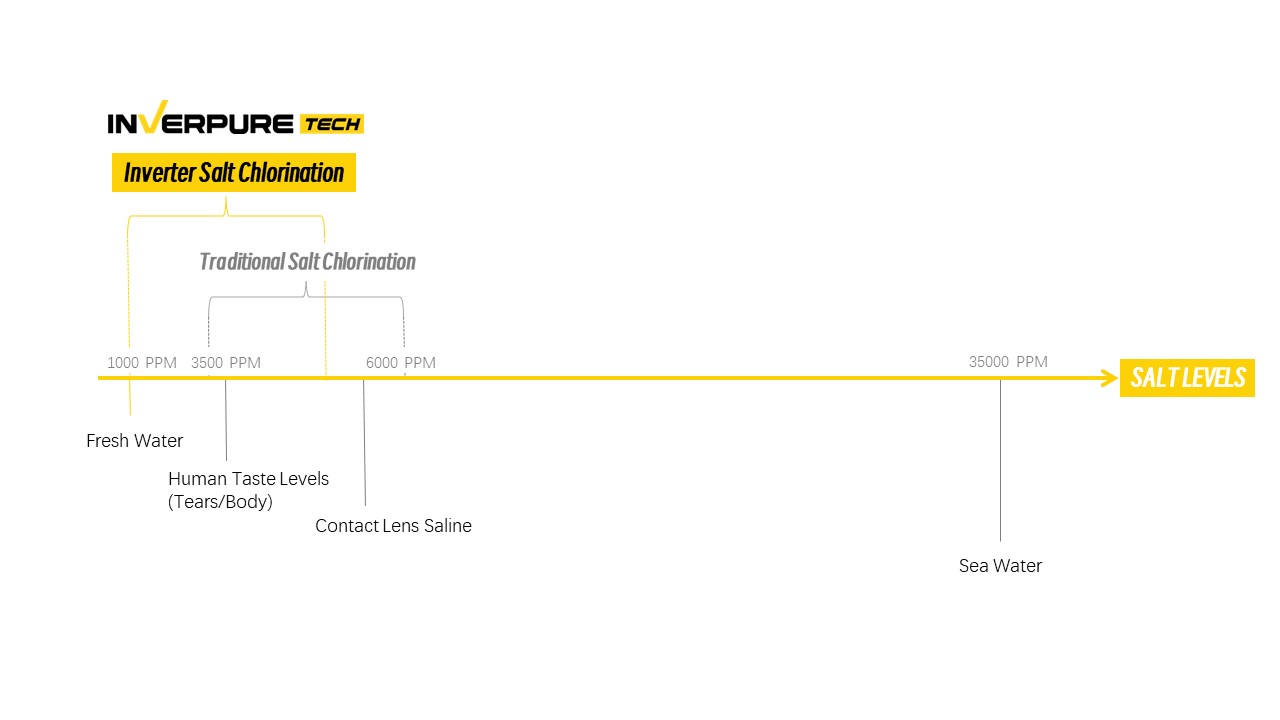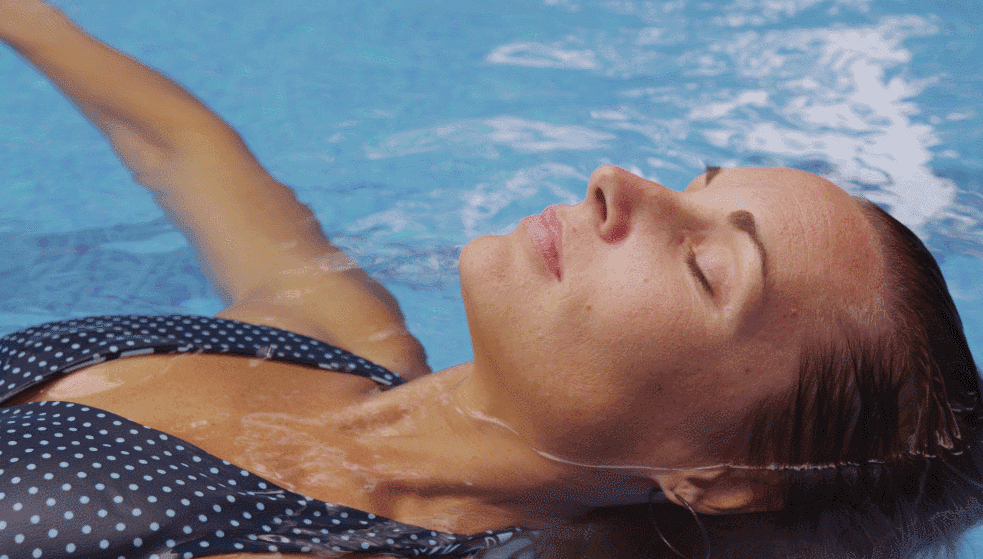In the year 2022, about 60% of new-constructed pools chose salt chlorinators.
With the pool industry booming in recent years, the increase of salt pools is stunning in the world. The European market potential is long-term positive. 34.1% of the 3.2 million pools in France are salt pools, while the share is 80% in Australia.
Why are salt pools so popular?
The article (divided into PART I & II) will find the answer for you.
Salt Chlorination Popularity: Pros & Cons
Private swimming pools are always thought to bring fun and peace, except for the inevitable water maintenance.
When the salt chlorinator was first introduced to private pools, people favor the gentle and silky water under automatic system work, rather than the over-chlorinated water by handling chemicals.
But the downsides are so obvious years ago, that converting to salt pools didn’t release much time as expected. Regular and extra maintenance, learnings, and even replacements would come one after another.
However, the advantages turn out to win over now.
Behind the popularity in the end market, innovations in salt chlorinator technology are blooming. Salt chlorinators of new types make pools much more automatic in maintaining pure quality and become more self-care and endurable with advancements in hardware and software.
It is not only the up-front price that is much more accessible depending on sizing and configuration accordingly, but also the upkeep maintenance is cost-efficiency like never before.
In other words, pool users are kept away from most of the worries in the Cons list now.
Convert to Salt Chlorinator: Myths & Truths
See what salt chlorinators bring you now.
Myth #1: Salty or Not?
Would I taste the salt while swimming in salt pools?
Would saltwater cause corrosion to my pool system?
Truth:
Although the sensation in the salt pools is like swimming in clean and fresh lake water, or ocean water minus the salt taste and the sand.
Most of the pool devices are endurable at salt levels of 5,000 ppm and below.
What is the exact PPM for a salt pool for keeping effective chlorination?
The salt-chlorinated pools have been of mild salinity at 3,000 ppm or below on average, with a better performance during 3,500 – 7,000 ppm before.
Now with the first full-inverter salt chlorinator, the pool water can also be efficiently chlorinated at lower salt levels, down to 1000 ppm, a standard level of fresh water, 1/35 of the ocean water.
In that case, pool users are hard to taste salty water except the first few days after adding salt, and benefit from the elimination of the chlorine odors, especially for whoever owns an indoor pool.
Myth #2: Water Change or Not?
How to install a salt chlorinator system?
Should I drain my pool water first?
Truth:
It is unnecessary to drain the pool. All you need to do is to plumb in a salt generator and start up the main screen controller. If your salt chlorinator has more functions of water quality detection or pH regulation, it is easy to calibrate the probes and connect the additional pump tubes with the acid tank according to the manuals.
No matter what type of chlorine is currently in use, users can convert to salt pool systems with a fast installation, for example, in 30 minutes.
Myth #3: Easy or Not?
What percentage should my salt chlorinator be set at?
Should I test the water quality regularly, by hand?
Should I still need to keep pH levels in check?
Truth:
In the last decades of the salt chlorinator industry, pool users and installers are required with relevant knowledge such as pool chemistry, acid calculations and electrolytic cell maintenance.
You may feel hard to imagine that using a salt chlorinator could be friendly to a pool beginner a few years ago, but it is true now.
The salt chlorinator with full-inverter technology applies sensor-based intelligent regulation to control the chlorination and directly show the water quality graded in WAIT, GOOD, and PERFECT for whoever knows little about water maintenance.
There is no longer a percentage setting since the inverter salt chlorinator is running from 0~130% accordingly. It detects the gap between the current level and the ideal level of ORP and pH, and regulates them with the minimum amount of salt, energy, and effort.
Together with the self-clean cell and automatic pH regulation, the smart machine ‘learns’ the pool instead of you.
Myth #4: Shocking or Not?
How often should I add chlorine?
What should the chlorine level be in a salt pool?
How to increase free chlorine in a saltwater pool
What happens if I forget to shock the pool regularly?
Truth:
It is a classic misconception that thinking a saltwater pool has no chlorine. The salt chlorinator system keeps swimming pools disinfected by salt electrolysis instead of adding chlorine directly to the pool water.
A chlorine pool depends on roughly manual chemical dosing to maintain the pool clean, whereas an inverter salt chlorinated pool recycles the salt added into the pool water to create 100% pure “Free Chlorine” and continuously oxidize or eliminate chloramines according to the ORP level * it detects in real-time.
*ORP is a measure of the cleanliness of the water and its ability to break down contaminants.
Shocking used to be thought of as a standard procedure of pool maintenance after a heavy bather load or abnormal weather, leading to a fast levelling up of free chlorine contents in the water.
Inverter salt chlorinators with 130% turbo mode can be an alternative to fast infection and reduce the possible shocking times for pool users. Even a pool that suffered stormy rains could be back to ideal pure water in 5 hours when the salt system works well.
It changes the steps to restore your pool’s balance into one click, whether it is adding chemicals, draining the pool, retesting the water, or shocking after stormy rains.
Contact experts at Aquark for more information about products of inverter salt chlorination solution.
